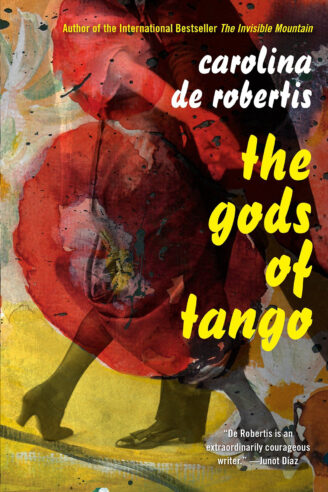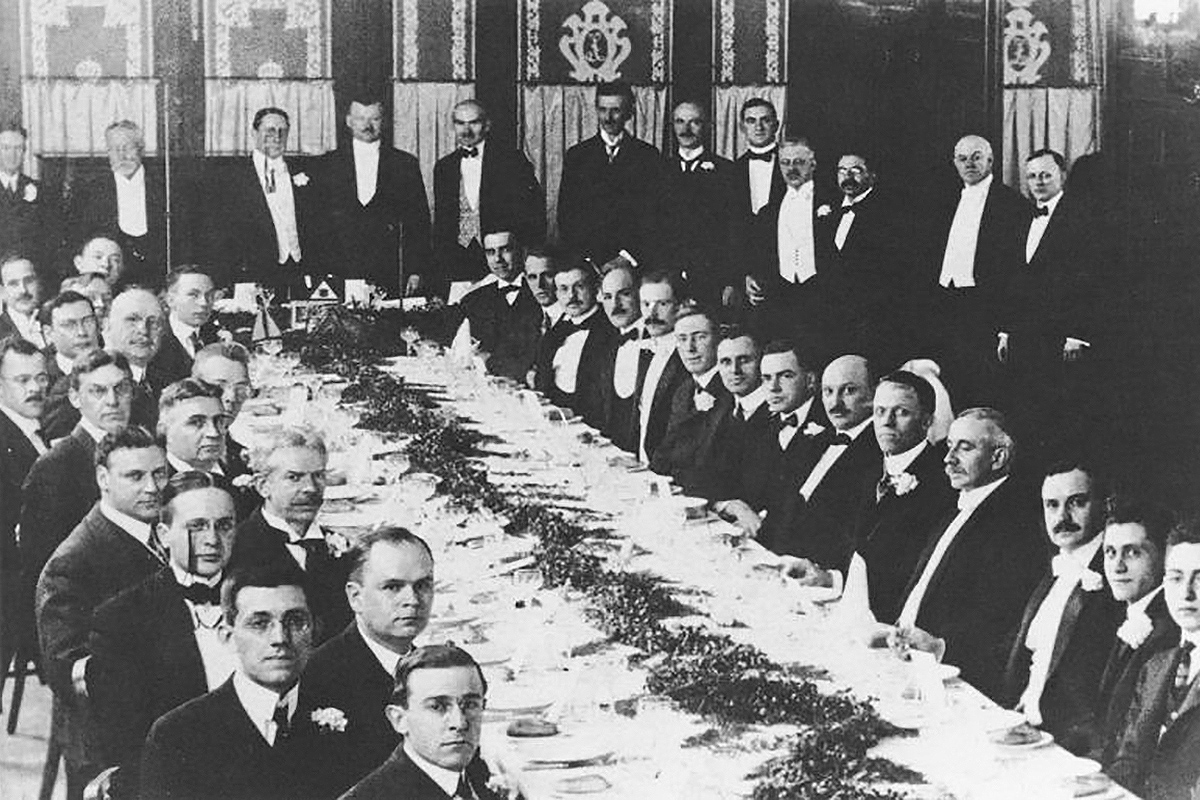The reason I picked up The Gods of Tango, by Carolina de Robertis, will not surprise those who know me one bit: I participate with great enthusiasm in various partner dance scenes. One of the about fifteen styles I can dance with competence is tango, albeit in its American form. So any novel that concerns these dances on some level is something I will want to read, and I plucked The Gods of Tango from my local library with glee.
The novel concerns an Italian woman who migrates to Buenos Aires in the early 1910s seeking a new future (and an escape from a less-than-pleasant past and family situation). While enduring the misery of poverty, she becomes enthralled by tango, the music and the dance that is so commonly heard and seen on the streets of the Argentine capital, then going through labor unrest. She wants to play this music, and buys a guitar after scrounging up money for the purpose, but there’s something in her way: she’s a woman.
The Gods of Tango does a lot of things with sexuality and gender that I feel would be interesting to many in online activist spheres, as does the author’s other work. (Read my review of de Robertis’ Cantoras here.) Unfortunately, I do not see her mentioned much in my book groups. The main character is certainly LGBT by modern standards, perhaps a lesbian or perhaps transgender, but there’s no moment where the protagonist decides a certain identity fits them the best; they just do things, and leave you to interpret their story and fit them into modern conceptions of gender.
As a dancer, this book made me very happy. All too often, discussions of the dances we dance, be they tango or swing or blues or waltz, reduces them merely to a series of steps in frame with a partner, and not the products of vibrant, lively cultures springing from very specific historical circumstances. The Gods of Tango brings that to tango as a culture: something born of Africa in the New World that sprung all over the continent and then the world. (It was banned by the archbishop of Paris for its indecency.) Dances become such lively occasions, and our protagonist is thrust right into everything. It is a thing of awe and wonder.
De Robertis’ prose is spellbinding. Of Uruguayan heritage, but living in the United States and writing in English, the way that she constructs sentences and paragraphs is among the best I’ve ever read. I envy her prose, and wish I could be half as good a writer as her. She lushly puts the reader in whatever scene she has in mind, and the experience is spellbinding.
The Gods of Tango means a lot to me, as a dancer, as a reader, and as a writer. It will show you why people love these dances, and this music, and why people love great literature. My review doesn’t do it justice; you have to experience this book, and it will be worth it.






1 Comment
Add YoursSadly I have two left feet.
The best writer Birmingham Alabama has ever known…is leaving my city…
https://en.m.wikipedia.org/wiki/Caitl%C3%ADn_R._Kiernan
https://greygirlbeast.livejournal.com/
Rhode Island can be crass too.